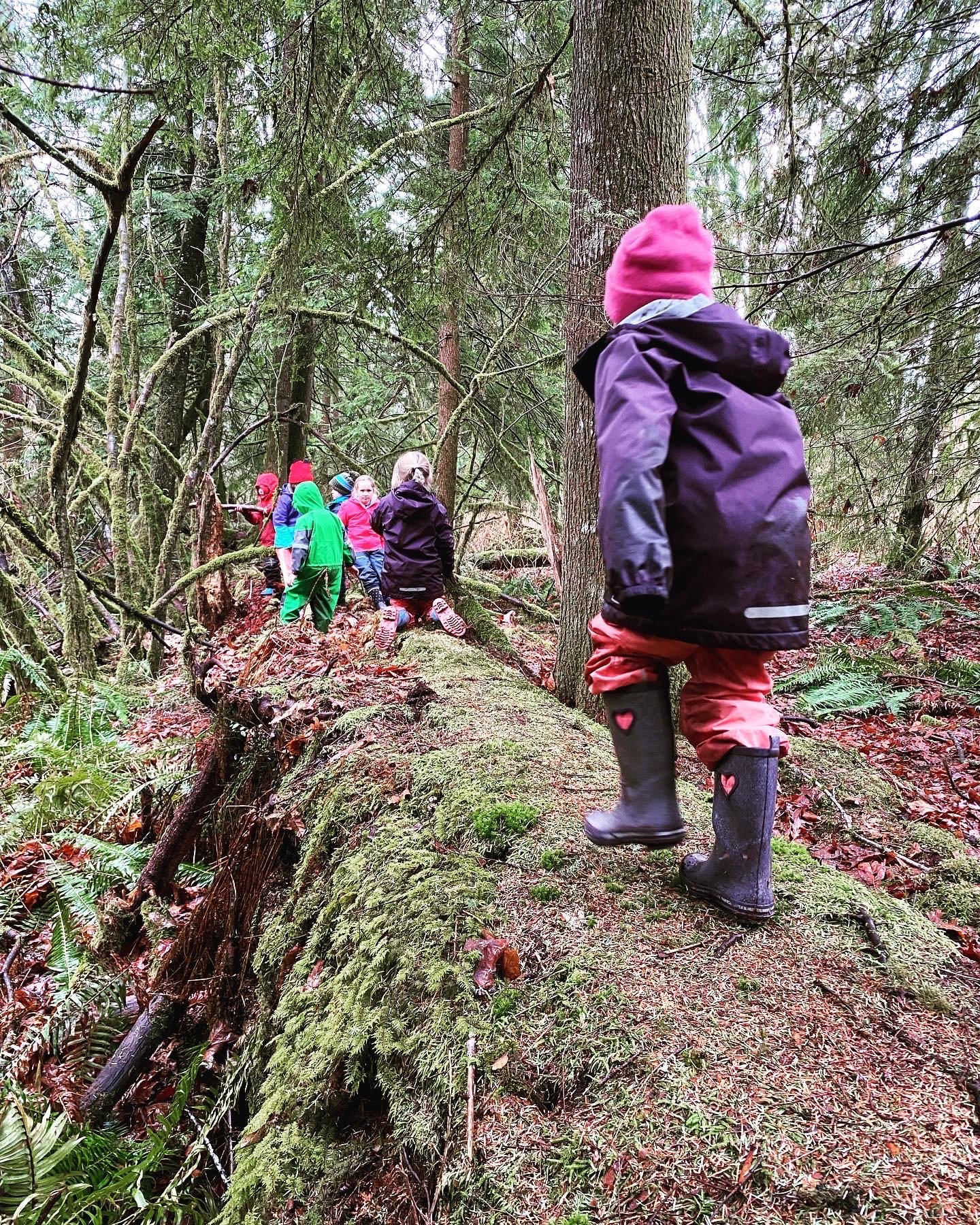Unhurried Rhythms
Unhurried rhythms.
Many of us, live in a constant state of “hurry”. Does any of this sound familiar?
“Come on, we are going to be late!”
“Just let me do it, you’re taking to long!”
“I just don’t have time, otherwise I’d love to help.”
“We can’t stop and look at that caterpillar, we are going to miss the bus.”
“Stop crying, you’re alright, you’re not even bleeding. Get up! Let’s go!”
Or the bellowing yell of a parent to a child. “Angela!”
Just writing out these phrases makes my heart start to beat a little faster and my breathing to become shallow. Now, think about how this feels for a child?
Children are learning so many things. They are learning through observation, through play, through listening, through movement, and through feelings. Feelings dictate so much of our lives and it’s no different for children. Feelings are meant to be felt and this requires time.
One key difference that you will notice when you are spending your time here, is that every program is offered in an unhurried rhythm. Simply put, there is no “rushing”. Parents are not rushed to leave. Children are not rushed to separate. The flow of our day, is just that, a flow. We offer consensus, and allow everyone to have a voice. Our rhythms match the energy and temperaments of the children. We make time for every child to participate in an activity and for the length of time they need to feel like they have completed it.
Our flow looks like this:
30 minutes - arrival, social greetings, and goodbyes
60 minutes - uninterrupted play & animal time
30 minutes - lesson
45 minutes - forest walk & play
30 minutes - lunch & storytelling
30 minutes - uninterrupted play & clean up
15 minutes - gratitude circle & goodbyes
This is a loose schedule of our time together. Some days, we eat before our lesson because everyone is hungry. And other days, we eat before we head into the forest.
We listen to the children.
My invitation to you, as you are reading this, is to think about the rhythm of your days. Where does it feel rushed? How can you incorporate more rhythms of flow? Ask your children, what parts of the day do they feel rushed? Come up with ideas that might work to slow things down. Spend time over the next few weeks, practicing these new rhythms. Notice the changes in your child and yourself.


